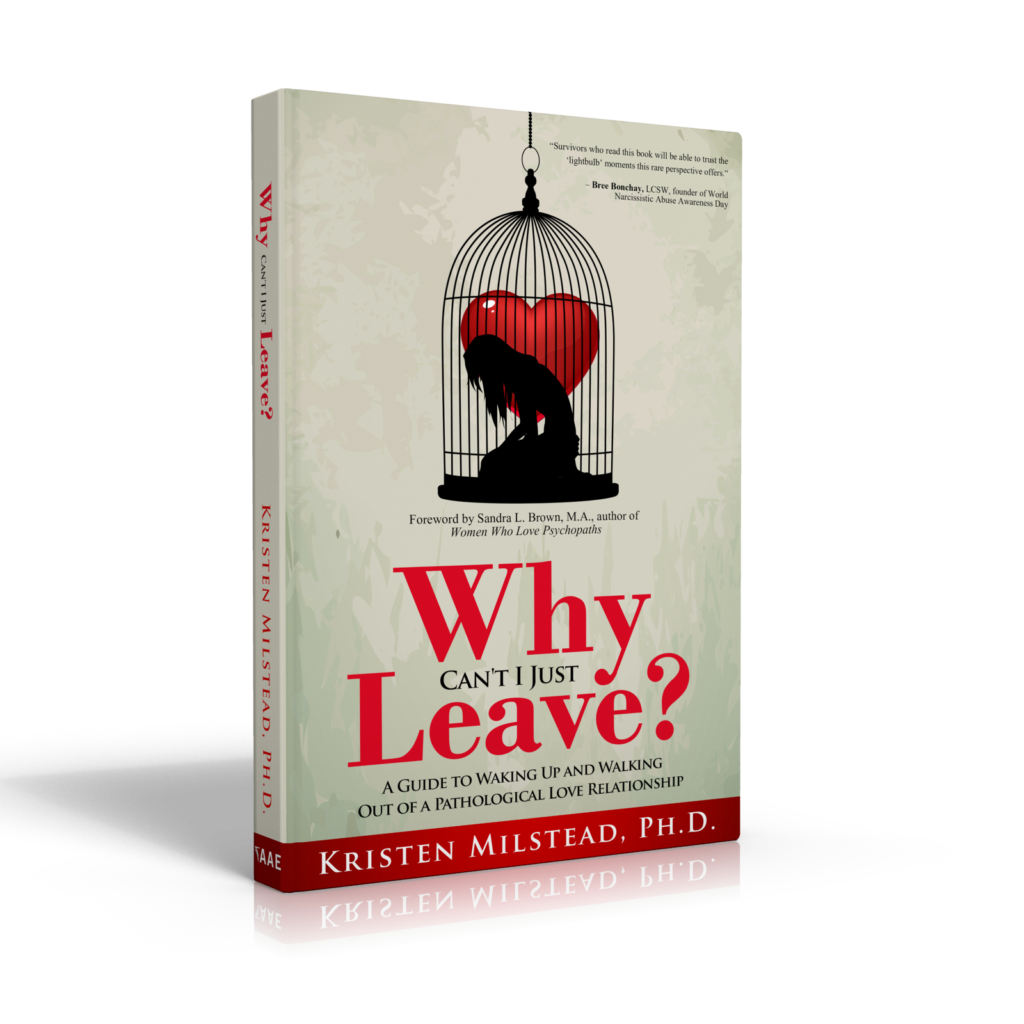Idealization and devaluation.
I understand everything now.
They are two sides of the same coin, neither truth nor lie. They are only the distorted reflections of your sickness.
It feels like a grenade just went off. The shrapnel falls, scattering. All the clues flood into the right cracks all at once, but too quickly for me to absorb each in isolation.
I begged you for answers so many times. But how could I have expected you to give them to me when you did not understand any point of view other than your own?
You could not find the disconnect between our perspectives anymore than I could, so how could you provide any answers other than the ones you had already given me–the ones that hadn’t made any sense to me?
I am humbled by how differently two people can see the world, how a fraction of a shift in worldview can create realities so vastly different it is almost as if one of them dreamed the other up.
Which one of us was the dreamer?
Idealization as Narcissistic Self-Hate
The narcissistic cycle of abuse comprises three stages: idealization, devaluation, and discard. During the idealization stage, narcissists love bomb their partners, bombarding them with an overwhelming amount of attention and flattery, and dramatic, quickly-occurring declarations of love. [Read How the Narcissistic Cycle of Abuse Keeps Us from Leaving]
Narcissists put their partners on a pedestal, but their own hidden needs at that stage are more significant than what their partners can ultimately fill.
Author and self-described narcissist H.G. Tudor writes:
“It has been amazing so far, hasn’t it? I told you I would love you like nobody else ever has, and I delivered.
“Okay, I was actually loving your praise, love, admiration, and adoration of me, but to you, it felt like I loved you in a way which went beyond anything you had ever experienced before. That certainly kept you happy. You told me every day how happy you were…
“You told me every day just how much you loved me. You cared for me, looked after me, and helped me in so many ways…
“Of course, it was not all one way. I gave you everything I could. I only did it, though, to get your fuel. I give to receive. I do not know any other way.
“You sometimes told me about your love for me being without condition. I didn’t understand what you meant. No, that is wrong. I understood what you meant, but I struggled to imagine doing this.
“I love you with so many conditions, the chief one being that I only actually love you for the fuel that you give me. Not for who you are. It will take you a long time to understand this and even longer to accept that this is the case…
“You gave me absolutely everything. Your heart, your soul, and you poured every essence of your being into the concept of us. I know you did this because I could see you doing it. I had to because I needed that in order to sustain me.
“The more you gave, the more brilliant I became, so you gave even more in return. It was an upwards spiral. Two people working in magnificent harmony. You because you believed in us. Me because I needed your fuel. Not that you ever realised this. Why would you?
“I became the perfect partner, complimenting you, praising you, and loving you in that oh so spectacular way. It was intense, it was scintillating, and I made sure I became everything that you would want from a relationship.
“It was a great deal for us both. I made you feel ultra-special. You gave me the ultra fuel that I need. Does it matter that what I provided to you was based on something else? I would say not. You still got what you wanted, didn’t you?”
Idealized Then Devalued
You created such an elaborate world for me.
Do you remember this?
This idealized place where you made me “the one.”
Where you had only ever kissed girls who were your girlfriends, who numbered on the one hand, where almost all of them had cheated on you.
Where various other edges were flattened or blurred to fit the narrative you wanted me to have.
Where when I gave you a tiny piece of my heart, you just held onto it patiently until I gave you another one… and then one day, you were holding all of it.
You created that reality for me, but those moments were real ones. This, I know now.
You always insisted… insisted… insisted over first months and then years, “I never lied to you about my love for you.”
I was so confused about all those tears you cried to everyone about how I was the love of your life and what that gesture of wearing the bracelet I gave you on your wedding day could have meant. It used to drive me crazy trying to figure out how or why you would do these things and then hurt me in the ways that you did.
In one of the very last conversations we had, I begged you for closure. I begged you to tell me you never loved me before we stopped talking because I wanted to hear the truth from you. I wanted your words and your actions to align for once finally.
And what was your response? “I love you, and I always will. There’s your closure.”
I was infuriated, finding it the most selfish response you could have given me. Nothing about that response or your actions at that time said “love.”
But that’s because I wasn’t thinking like you.
I know you don’t even know that you loved me only because I loved you so much.
How could you know? This is what love feels like to you, and you know no other way. You didn’t love me in this way to hurt me, and if you could love me for myself, maybe you would have. But you can’t.
What you really love is the way I loved you– the way I mainlined your love like it was heroin and then poured myself all over you.
And here’s the worst part–you were hoping I would be the one who would never let you down, who could love you every moment of every day, no matter what you did, for the rest of your life, while feeling deep in your heart that that would never be the case.
And then it happened… I did let you down.
It was the self-fulfilling prophecy that I understand, but you won’t.
When I found out about the others, my despair at what you had done felt like criticism to you, a lack of gratitude for all you had given me.
When I withdrew my trust, to you, that made me selfish and self-absorbed.
But most importantly, when I tried to encourage you to go about things the legitimate way and earn my trust back, that request threatened to blow apart the entire world you had built for us. It challenged the fragile perception that the man you had created for me was beautiful and perfect.
To you, everything you did after that was just insurance against being rejected and alone as I continued my inevitable downfall in your eyes from my position as your favored one.
Once I had seen that the reality wasn’t real, there was no going back, and you knew it. To me, it was all just an inexplicable pattern of behavior by someone who claimed to love me that was damaging what we had together.
But you didn’t value what we had together, or me. You wanted only my admiration back, that pure, unfiltered worship.
Devaluation as the Narcissist’s Self-Hate
During the idealization stage, the partners fall deeply in love with the narcissist and form a bond that is difficult to break. Narcissists, however, may idealize their partners, but they do not form an attachment. [Read Can a Narcissist Love? It’s Complicated]
When the idealization stage is over, the relationship begins to deteriorate during the devaluation stage when the partner starts to disappoint the narcissist in inexplicable ways. The “real world” penetrates the fantasy, and the partner begins to turn to other interests. The chemical “high” caused by the initial stage of falling in love begins to fade.
The narcissist’s mask begins to fall away as he or she loses the feeling of being “special” and adored. They begin to treat their partners the way they feel about themselves on the inside.
Idealization and devaluation are two sides of the same coin. They are both projections of the narcissist’s self-hate.
They idealize to receive your love and negate their self-hatred. When that doesn’t work for them, they devalue to project that self-hatred onto you, so they don’t have to own it.
It’s a trick mirror.
Seeing the Idealization and Devaluation Distortion
The answers were right in front of my face the entire time. We were looking right past each other.
I dreamed that you were just like me, and you dreamed that I could live in a cage, without thoughts or plans that contained anything but you.
The difference was, you sold me my dream while stealing my soul with your lies, keeping from me the truth that would show me the dream was only an illusion.
I’d see love on your face, and you’d tell me you love me. “Why don’t you believe me?” you’d scream, as my heart would peel away in strips with each new betrayal. Your lies would force me to confront the false reality you created.
He’s not who I thought he was, I would think. And you’d see the pain on my face, and I’d tell you I was dying. “Why did you hurt me like this?” I’d scream, as your heart would harden to ash with each fresh tear.
And you’d be forced to confront the false reality you created too, run away from the shame of your actions with the back-flip: She’s not who I thought she was, you would think.
Of course, I’m not. I’m a human being. I came from my own world, and I have my own reality.
You would go to your death insisting you loved me. And believing it too. This, I know. You said one day I would know how much you loved me, and you were right.
You loved me in a dream once, where no one ever cries.
Join the community to get more articles like this one delivered straight to your inbox.
If you like this article, you’ll also enjoy these:
- 7 Reasons Why Narcissists Won’t Give You Closure
- Can a Narcissist Love? It’s Complicated
- How to Know When a Narcissist is Finished with You
- What a Narcissist Says About Breakups: They Never Let You Go
- Narcissist Gaslighting Examples in Romantic Relationships
Source
Tudor, H.G. (2016). “Reality Check.” Knowing the Narcissist. Retrieved at https://narcsite.com/2016/08/08/reality-check/





